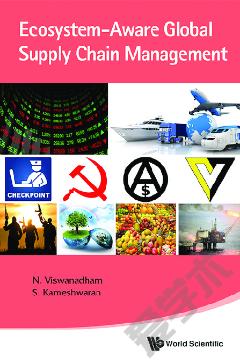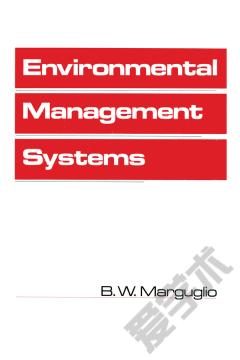Ecosystem-aware Global Supply Chain Management
Over the last two decades, several textbooks, research papers, and best practice cases have been published on supply chain management. However, globalization has created dispersed supply chains which are vulnerable and dependent on entities and factors that are exogenous to the supply chain. Resource scarcity, environmental regulations, government policies, political unrest, economic instability, and natural disasters are a few examples of how non-supply chain factors influence the way supply chains are managed. These exogenous factors are not just risk sources but can also be venues for innovation and growth.This book presents the notion of supply chain ecosystem to holistically model all the factors that interact with the supply chain and influence the flow of goods, information, and finance. Through a number of real-life case studies, the authors use the ecosystem framework to study the governance, risk, innovation, and performance issues in supply chain management, and also to redesign the management techniques for global supply chains. In doing so, this book makes a unique contribution to the theory and practice of supply chain networks.
{{comment.content}}








 京公网安备 11010802027623号
京公网安备 11010802027623号